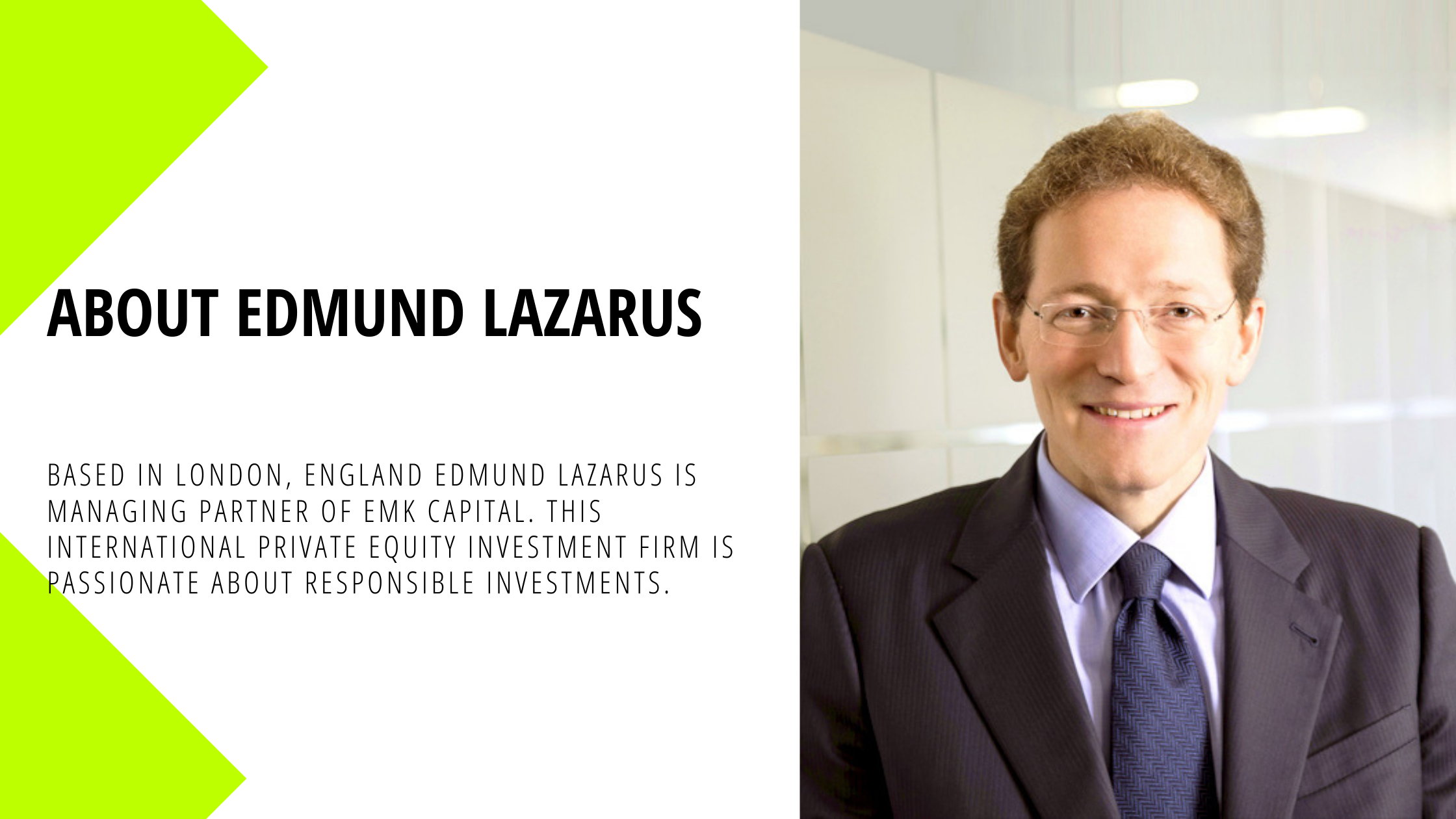Working in private equity is an exciting and highly competitive field, but it’s also highly rewarding. Private equity firms pay big for their talent, and it’s little wonder why. Altogether, PE firms manage nearly $1 trillion in assets, which means even the smaller “boutique” private equity firms can only hire the best. If you want a career in private equity, here are some things you should know.
How private equity works
Naturally, the first thing you need to understand about private equity is how it all works, so here’s a crash course. Private equity firms generally buy a controlling stake or at least one large enough to have substantial influence in a private company and strive to optimise its strategy, operations and management in the hope of driving growth in sales and earnings. In addition to management fees if the private equity firm exceeds performance thresholds in terms of returns to its investors it receives a share of those returns.
Get related experience
It’s very, very rare for a college graduate with a degree in finance, business, or a related field to get a private equity job right after graduation. PE firms aren’t just looking for bright employees; they’re also normally looking for experienced ones. So expect to add two to three years of experience in investment banking, consulting, asset management or venture capital to your resume. Or you could always try for an internship in one of these fields or a private equity firm itself. There is a high supply of talent aspiring to be private equity professionals and limited demand, so that means firms can take their pick of the best candidates. You want to stand out both to be best qualified and also to have some unusual aspects to your capabilities and experience.
Prepare for a lengthy hiring process
Since the supply is so much greater than the demand for private equity professionals, and since the financial stakes are so high, prepare for a long and drawn-out hiring process. Large firms often start interviewing in January to hire the following summer. Even smaller firms can interview up to a year before they intend to hire, so prepare yourself for many interviews and multiple steps you have to follow.

